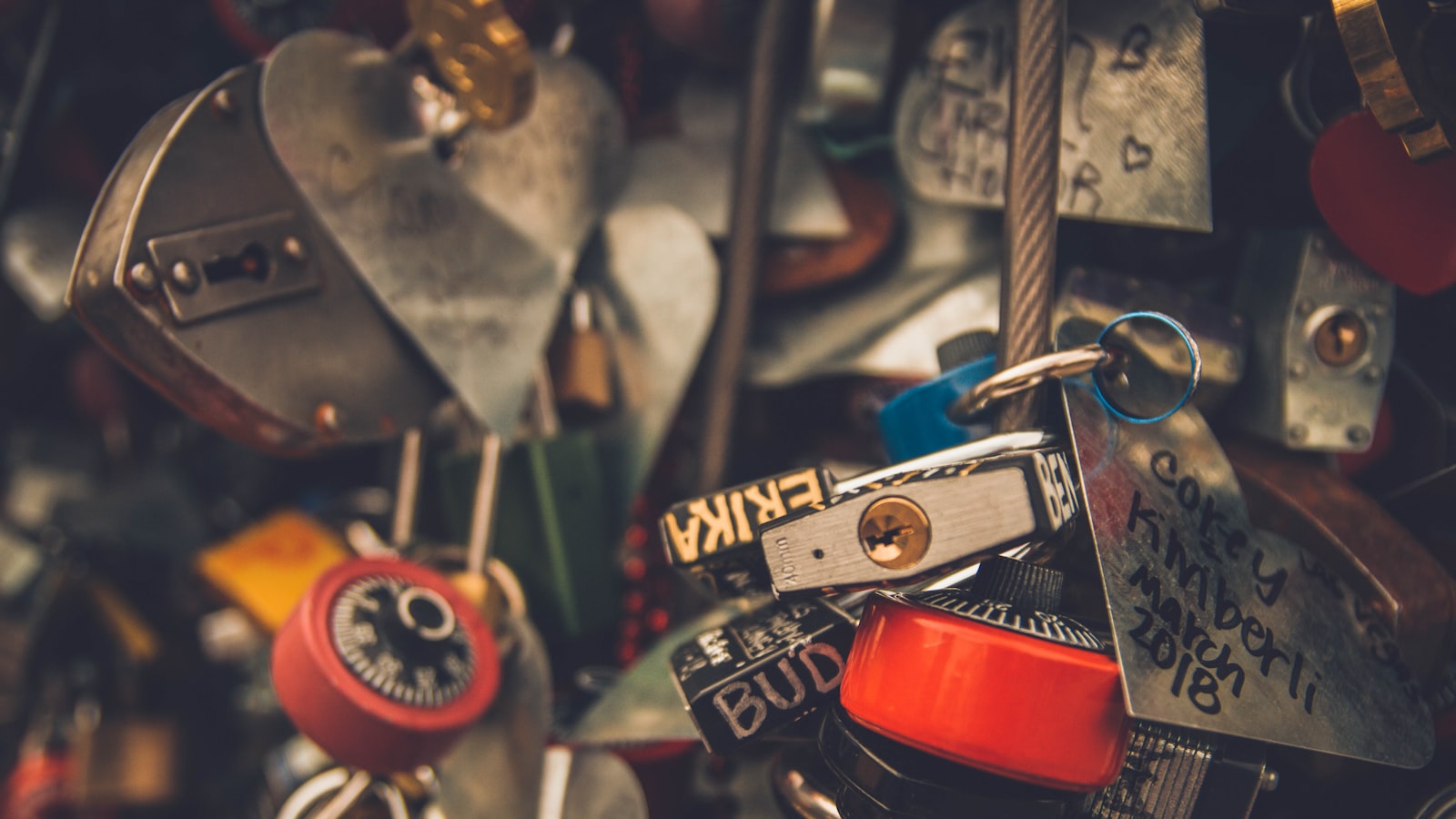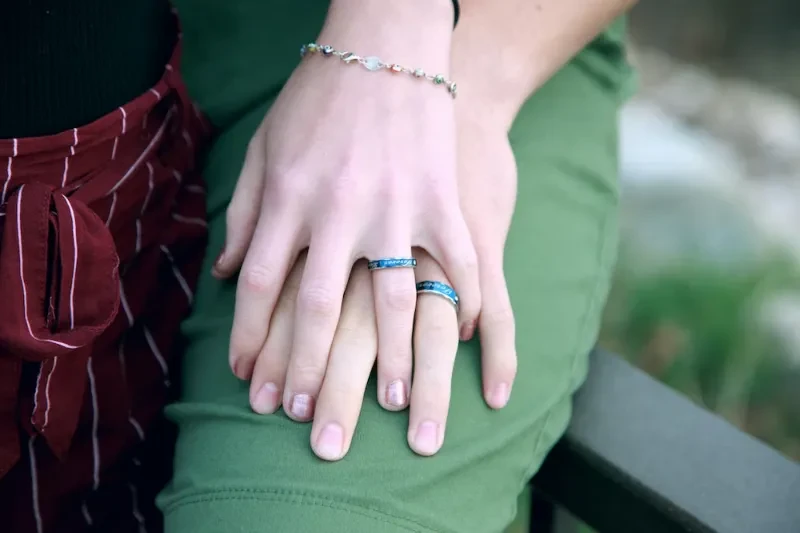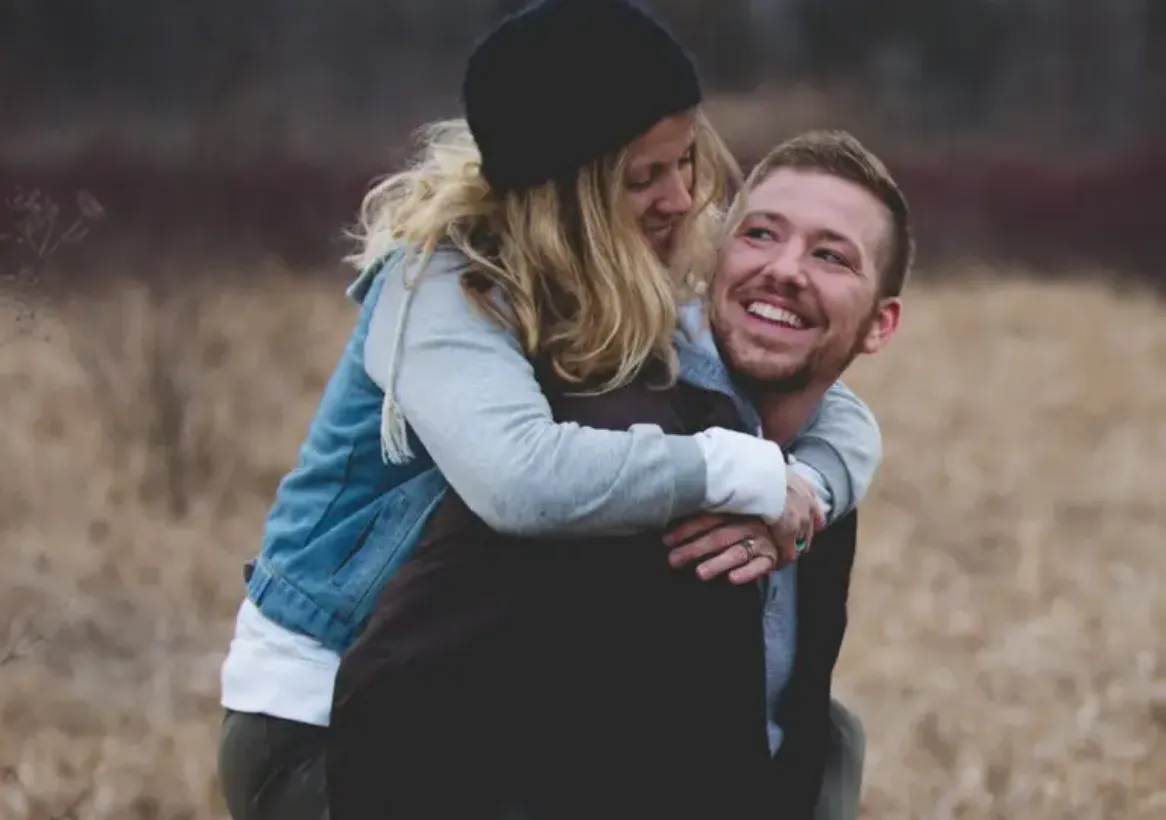- 0 Comments
- Views 43
- Decoding Possessiveness: A Deep Dive into Understanding Possessive Boyfriends
- Identifying the Signs: Features of a Possessive Boyfriend
- The Impact: Effects of Possessiveness in a Relationship
- Unraveling the Why: Reasons for Possessiveness in Relationships
- Navigating the Storm: Dealing with a Possessive Boyfriend
- ‘This Happened to Me’: Stories of Possessive Boyfriends
- How does possessiveness affect a relationship?
- Why do some boyfriends become possessive?
- Will a possessive boyfriend hurt me?
- Can you share some stories or experiences dealing with possessive boyfriends?
Decoding Possessiveness: A Deep Dive into Understanding Possessive Boyfriends
Have you ever found yourself wondering why your boyfriend’s care and attention sometimes feel suffocating rather than comforting? That constant need to know where you are, whom you’re with, and what you’re doing – it can be overwhelming, can’t it? This obsessive behavior is often a symptom of possessiveness, a complex issue that can significantly impact relationships.
When we delve into the realm of relationships, possessiveness is a common theme we encounter. While it might seem like an expression of love initially, over time, this excessive need for control can turn into an oppressive shadow looming over your relationship.
In this journey through the labyrinth of possessiveness, we will focus on understanding possessive boyfriends specifically. We’ll identify the signs, evaluate the effects on the relationship, seek to comprehend the underlying reasons, and explore strategies for dealing with such situations effectively.
So brace yourselves for an enlightening dive into the world of possessive relationships. It’s time to decode and address this concerning behavior head-on!
Identifying the Signs: Features of a Possessive Boyfriend
It’s quite easy to mistake the early signs of possessiveness for intense love or concern, especially when you’re entranced by the throes of a new relationship. However, it’s vital to discern between genuine affection and possessive tendencies to safeguard your emotional well-being.
‘Excessive Jealousy’: A Key Indicator?
Picture this: your phone pings with a text from an old friend, and suddenly, there’s a cloud of suspicion in your boyfriend’s eyes. A casual conversation at a party sparks a whirlwind of jealousy. These instances aren’t isolated bouts of envy; they hint at an incessant, unreasonable jealousy that fuels mistrust without cause. This isn’t a mere character flaw—it’s a red flag signaling your boyfriend’s possessiveness.
A possessive boyfriend sees every interaction as a potential threat, breeding anxiety over imagined scenarios. They demand reassurances and explanations for your every move, transforming the relationship into an endless interrogation. Remember this: while love trusts, possessiveness perpetually doubts.
Monitoring, Controlling, and Isolating: Other Signs of Possessiveness
The plot thickens when excessive curiosity morphs into surveillance. If your partner insists on knowing minute details about your daily activities or expects constant updates, it’s not mere interest—it’s monitoring. Such behavior often escalates into control where they dictate what you wear, who you meet, or even what you say.
Isolation is another tactic used by possessive boyfriends. Gradually cutting you off from friends and family under the guise of ‘us’ time is their way of tightening their grip on you. Recognizing these signs early can help protect your mental health and autonomy within the relationship.
Recognizing the Traits of a Possessive Boyfriend
-
- Unjustified jealousy or suspicion that surfaces frequently.
-
- An insistent need for continuous communication, often expecting immediate responses.
-
- Consciously trying to manipulate your social circle, leading to isolation.
-
- Criticizing or belittling you regularly as a means to establish control.
- Invasion of your privacy by checking your phone messages or emails without permission.
If you notice these signs in your boyfriend, it’s time to take a step back and assess your situation. Understanding the problem is the first step towards finding a solution. Let’s delve deeper into how these possessive tendencies impact relationships in the next section, shall we?
The Impact: Effects of Possessiveness in a Relationship
It’s difficult to envision the full impact of possessiveness until you find yourself in its tight grip. It’s like a slow poison, gradually eroding the very foundation of trust and personal freedom that relationships thrive on. Let’s delve into how this happens.
Erosion of Trust and Personal Freedom
In a possessive relationship, you may feel like you’re perpetually under a microscope, with your every action scrutinized and judged. This lack of trust from your boyfriend can create an unnerving environment where you constantly second-guess your actions. Over time, the trust that should serve as the bedrock of your relationship crumbles into dust.
Moreover, your personal freedom takes a hit. You’re unable to nurture friendships or pursue hobbies for fear of upsetting your boyfriend. His possessiveness becomes a confining cage that stifles your individuality and independence. The effects are emotionally exhausting and impede growth on both individual and relationship levels.
Potential Escalation into Abuse

The shadowy side of possessiveness is its potential to morph into abuse. What starts as controlling behavior can spiral into an emotional nightmare. For instance, let’s consider Lisa, a client from my practice. Her partner’s initially subtle controlling behaviors—unannounced visits at work or monitoring her calls—escalated over time into verbal abuse and threats, leading to severe anxiety and depression. Love should never cost you your peace or self-worth.
Unexpected Benefits of Addressing Possessiveness
-
- Fostering open communication: By addressing possessiveness, couples can facilitate more honest and transparent dialogues.
-
- Strengthening trust: Confronting possessive behaviors can help rebuild trust and respect in a relationship.
- Promoting personal growth: The process of addressing possessiveness can prompt significant personal development and self-awareness.
Detrimental Effects of Possessiveness
-
- Erosion of trust: Possessiveness can significantly undermine trust in a relationship, leading to suspicion and anxiety.
-
- Loss of personal freedom: A possessive boyfriend may try to control his partner’s activities, causing her to lose her sense of independence.
- Potential for abuse: In extreme cases, possessiveness can escalate into emotional or even physical abuse.
If you observe these effects in your relationship, it’s time to understand why this possessiveness is occurring. Join me in the next section as we unravel the reasons behind such behaviors.
Unraveling the Why: Reasons for Possessiveness in Relationships
Possessiveness doesn’t simply appear out of the blue. There’s usually a deep-seated root cause that triggers such behavior. And understanding these triggers can be an enlightening step in dealing with a possessive boyfriend.
‘I Can’t Trust You’: The Role of Trust Issues in Fostering Possessiveness
Imagine being on trial every day, accused for crimes you’ve never committed. This is what it feels like when your boyfriend struggles with trust issues. These trust issues, often stemming from past betrayals or witnessed infidelity, can manifest as possessiveness in their relationships.
The crux of the issue often lies in their own insecurities rather than your actions. Their fear and doubt paint an unfaithful image of you, leading to constant suspicion and accusations. They feel compelled to control you, believing it’s a preventive measure against the betrayal they anticipate.
‘Don’t Leave Me’: How Fear of Loss Drives Possessive Behavior
Ever felt like you’re walking on a tightrope without any safety net? That’s how someone with a profound fear of loss might feel. This fear pushes them to cling tighter to their relationship, leading to possessive tendencies. Their silent chant of ‘Don’t leave me’ manifests into controlling actions aimed at eliminating any perceived threats to the relationship.
Key Triggers Behind Possessive Behavior in Relationships
-
- Insecurity: Insecurities about oneself or the relationship often fuel possessiveness.
-
- Lack of Trust: If trust is lacking, it can lead to attempts to exert control over the partner.
-
- Fear of Loss: The dread of losing the loved one can make someone overly possessive.
-
- Past Traumas: Past experiences, whether from childhood or previous relationships, can contribute to possessiveness.
- Low Self-Esteem: Individuals with low self-esteem might resort to possessiveness as a means of securing the relationship.
Now that we’ve unveiled the reasons behind possessiveness, let’s explore how to navigate these stormy waters in the next section.
Navigating the Storm: Dealing with a Possessive Boyfriend
Sailing through the storm of possessiveness is no easy feat. It requires courage, determination, and most importantly, effective strategies. Here’s how you can navigate these turbulent waters.
‘We Need to Talk’: The Role of Communication in Addressing Possessiveness
If possessiveness is casting a dark cloud over your relationship, it’s time to bring out your first weapon – communication. Imagine you’re planning a night out with friends. Before heading out, sit your partner down for a discussion. Assure them that their feelings matter while emphasizing your need for trust and personal space.
Remember, this isn’t a one-way street. Listen to their fears and insecurities that fuel this behavior. This conversation can pave the way towards resolution and help regain your autonomy. However, if things take an aggressive turn, don’t hesitate to step back and seek external help.
‘Here’s Where I Draw the Line’: Setting Boundaries with a Possessive Partner
Drawing boundaries is like setting up a fence – it protects your personal space while maintaining respect in the relationship. Make it clear what behaviors cross the line, such as excessive monitoring or invading your privacy.
The road might get bumpy, especially if your partner reacts negatively to these boundaries. In such scenarios, don’t shy away from seeking professional help or advice from trusted people around you. After all, your well-being should be paramount.
Up next are some real-life stories that will shed more light on the world of possessive boyfriends. So stay tuned!
‘This Happened to Me’: Stories of Possessive Boyfriends
There’s nothing like real-life stories to shed light on the intricate tapestry of possessiveness in relationships. These narratives offer a glimpse into the lives of those who’ve weathered the storm and may serve as a guiding beacon for those sailing in similar waters.
‘He Never Trusted Me’: Story of a Relationship Marred by Insecurity and Possessiveness
Consider Julia’s story, caught in the grip of her boyfriend Mark’s crippling insecurities that cast a pall over their relationship. Mark was like a relentless detective, always questioning Julia’s actions, doubting her loyalty. His jealousy wasn’t confined to their interactions but extended to her social media behavior.
Julia felt stifled, caged by the very person who professed to love her. This tale underscores how unchecked possessiveness can tarnish a relationship, turning love into an overwhelming weight.
‘I Felt Trapped’: A Tale of Isolation and Control in a Relationship
Next, we have Lisa, an accomplished artist whose vivacious spirit was slowly dimmed by her boyfriend Mike’s possessiveness. His constant need for updates escalated into controlling who she could befriend. Lisa began feeling trapped within the confines of her own relationship.
Her artistic canvas remained blank as she longed for her lost freedom. Lisa’s story is a poignant reminder of how possessiveness can isolate and control us, turning love into an imprisoning cage.
Their stories serve as poignant reminders of the adverse effects of possessiveness. Up next are some frequently asked questions about this complex issue, so stay tuned.
F.A.Q.
How does possessiveness affect a relationship?
Possessiveness can significantly impact a relationship by eroding trust, fostering insecurity, and creating an environment of control and isolation. It can diminish personal freedom and potentially escalate into emotional or physical abuse, putting the well-being of those involved at risk.
Why do some boyfriends become possessive?
Possessiveness in boyfriends often stems from insecurities, fear of loss, or past emotional traumas. An absence of trust can also fuel possessive behavior, leading to a constant need for control and reassurance in the relationship.
Will a possessive boyfriend hurt me?
Unchecked possessiveness can potentially escalate into emotional or physical harm. It’s essential to recognize the signs, establish boundaries, and seek help if your personal safety or well-being is at risk in a relationship.
Can you share some stories or experiences dealing with possessive boyfriends?
Absolutely. The stories of Julia and Lisa, shared earlier in this article, encapsulate the experiences of many who’ve dealt with possessive boyfriends and highlight the importance of addressing such behavior.










